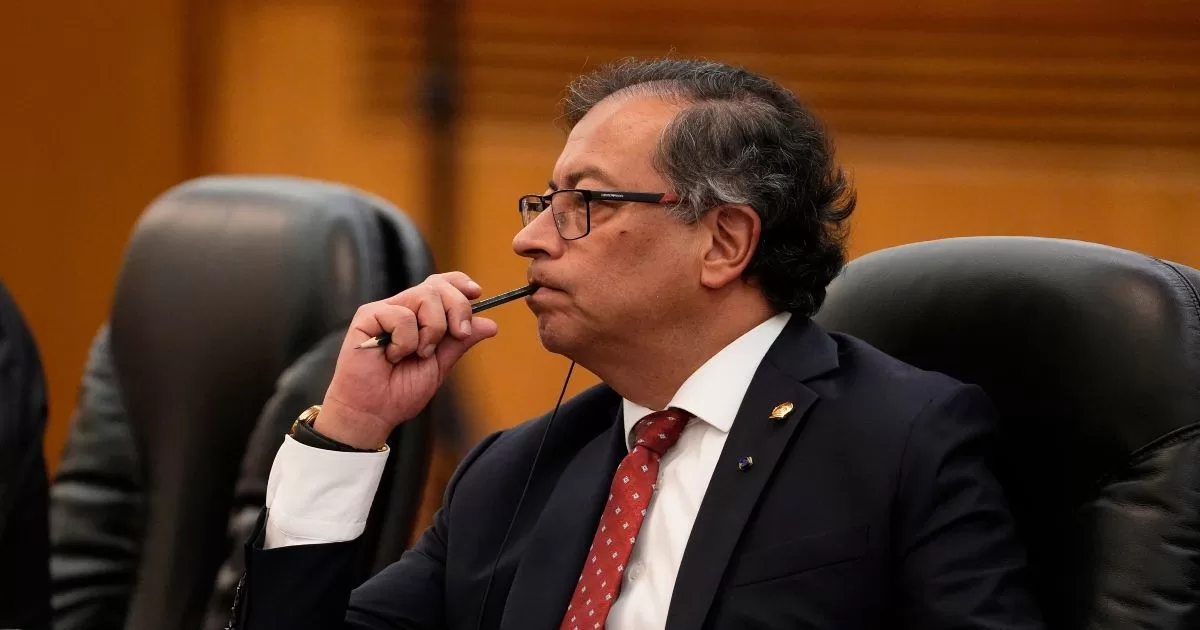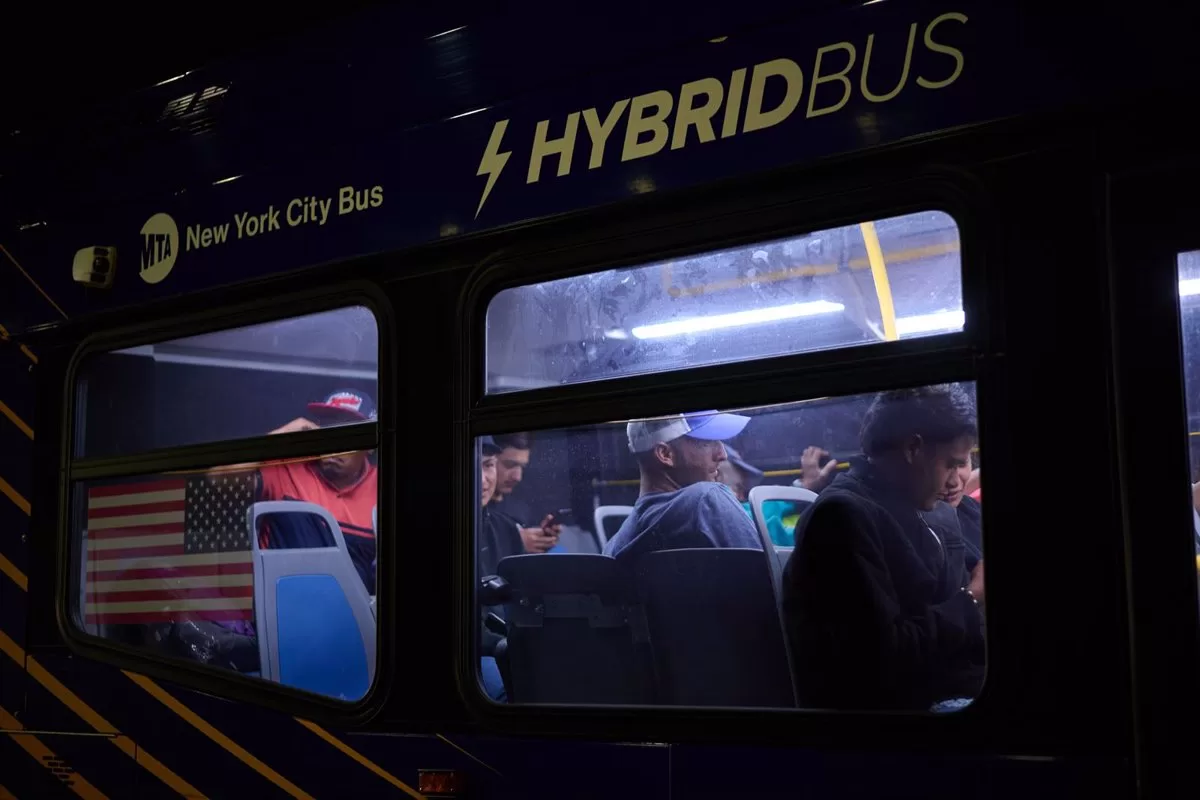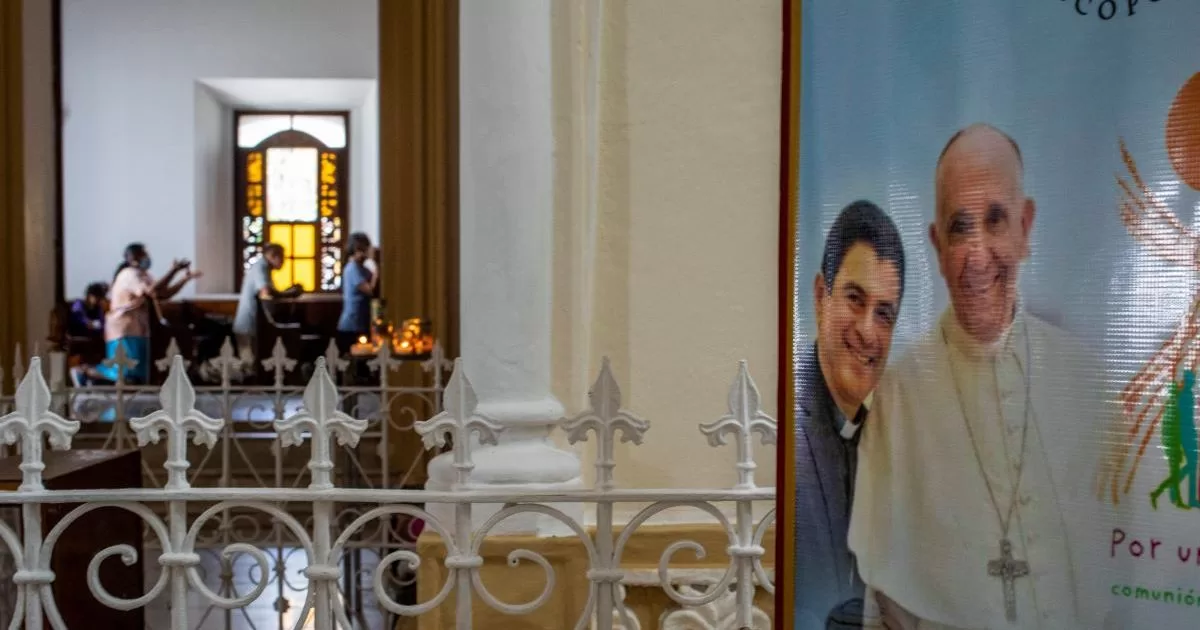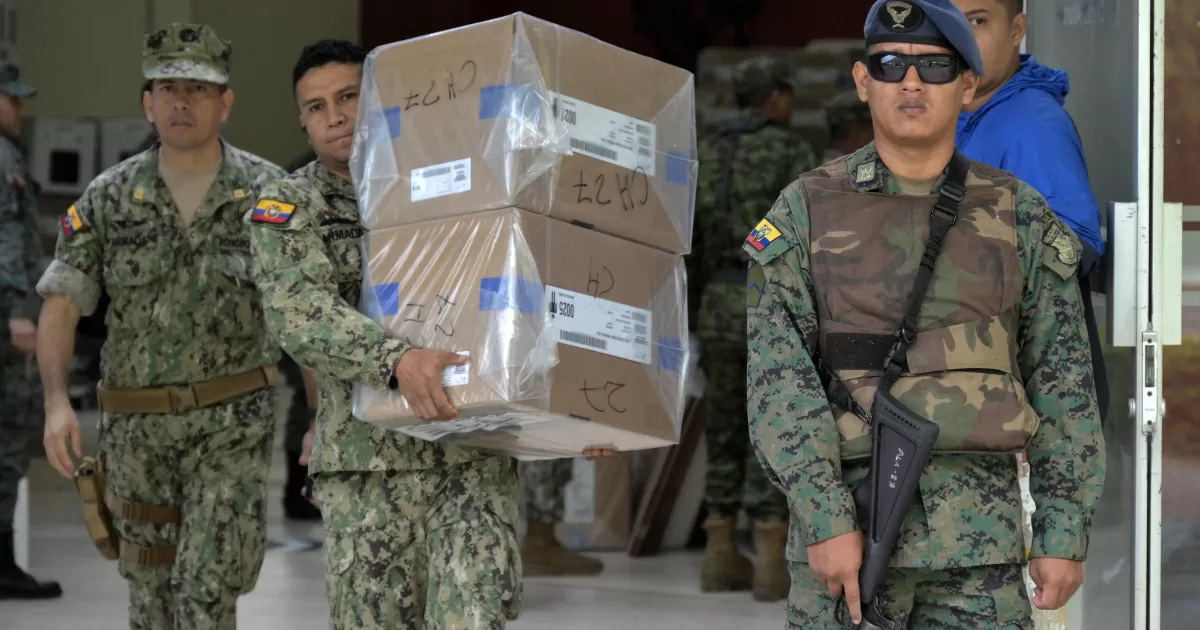Throughout history, we have had leaders who have been considered dictators due to their authoritarianism, absolute control of power and violations of human rights.
Some examples include Adolf Hitler, head of Nazi Germany during World War II, responsible for the deaths of millions of people, including the genocide of six million Jews in the Holocaust.
We can also mention Josef Stalin, helmsman of the Soviet Union for much of the 20th century, known for his repressive regime, political purges and forced collectivization, which resulted in the deaths of millions of people.
In that same list we cannot do without Benito Mussolini, fascist leader of Italy during World War II, who established an authoritarian regime and collaborated closely with Hitler.
Likewise, Francisco Franco, the Spanish dictator, ruled the Iberian country from the end of the Spanish Civil War in 1939 until his death in 1975, imposing an authoritarian regime known as Francoism.
Meanwhile, in the Western Hemisphere we have had Fidel Castro and Hugo Chávez, two dictators who, under the premise of redistributing wealth among their people, ended up making them poorer, in the midst of dictatorships that have persecuted and imprisoned their opponents. In addition, there are crimes against humanity that are attributed to both.
Petro, Castro and Chávez
In a video revealed by the Univisión channel, Petro confirmed his close relationship with Fidel Castro, after stating that he was one of the main allies of the extinct guerrilla group M-19, to which the person who today sits in the presidential chair in the Palace of Nariño in Bogotá.
In that interview, which became a document of singular importance, the former guerrilla recounted without blushing how Castro was key in the terrorist actions carried out by that group outside the law throughout the country.
“Fidel Castro helped the M-19 in many of its interventions in Colombia. Even, it must be said, M-19 troops were trained in Cuba, (which) separated the Cuban government from the Colombian government. Relations were broken,” said Petro.
On the other hand, the closeness of the Colombian president to the late Chávez and the current dictator of Venezuela, Nicolás Maduro, has been evident.
It is said of Chávez that he always remembered, with complacency, the celebration of his 40th birthday that the Working Youth of Colombia (JTC) movement organized for him, on his first trip to Bogotá in 1994.
In fact, Chávez used to express his gratitude to the then representative to the House Gustavo Petronow president, for his constant invitations to visit Colombia, when former Venezuelan president Rafael Caldera gave him a pardon.
Historical records indicate that, through constant calls, letters and faxes that Petro sent him, he managed to get Chávez to accept an invitation from the Simón Rodríguez Cultural Foundation.
For that trip, Petro and his former M-19 guerrilla comrade and now Bogotá councilor, José Cuesta Novoa, managed to get the JTC to assume costs such as lodging, food and air tickets. There is a photo of that meeting.
Petro accompanied Chávez on a tour of Carrera Séptima in Bogotá before the first meeting with the presidents of the National Constituent Assembly of ’91 Antonio Navarro Wolf, Horacio Serpa and Álvaro Gómez. They talked about the dreams of the Liberator and the possibility of building a country that had social justice as its bastion.
Maduro’s friend
As for Nicolás Maduro, Petro’s relationship with the Venezuelan ruler has been very close. Since he assumed the presidency of Colombia, Petro has met with Maduro on about seven occasions.
In one of the many meetings, Petro and Maduro signed agreements to reestablish diplomatic relations between the two countries. Armando Benedetti was appointed Colombian ambassador to Venezuela, with the proposal to reopen several consulates on Venezuelan soil to serve the Colombian diaspora that still remains in that country, including the children of Colombians born in Venezuela.
In current times, Petro has remained silent regarding the 15-year disqualification against María Corina Machado, leader of the Venezuelan opposition, who, according to polls, if the presidential elections were held today, would be chosen to direct the destiny of Venezuela. by a wide margin against Maduro. Petro has also not rejected the constant violations of democracy in her neighboring country.
Fears
From the moment Petro ran for president, countless warning voices were heard about what could happen in Colombia if the former M-19 guerrilla came to power.
Former presidents, senators, representatives, political leaders and activists, among others, raised the alarm, putting in context a possible dictatorship like those of Cuba, Venezuela or Nicaragua.
In recent days, an interview with the former mayor of Bogotá Enrique Peñalosa added a new ingredient to the fears that persist among a large number of Colombians.
Peñalosa spoke with journalist Vicky Dávila, director of Semana Magazine, and once again put on the table the possibility that in 2026, or prior to the electoral debate, President Petro would seek the mechanisms to remain in the government palace.
“He really likes the international show, I hope I stay like a mistaken crazy person. I am a petrologist, I have known him for many years, I have read his books many times and he has no intention of finishing his term in four years,” said the former mayor.
According to Peñalosa, Petro’s formula to continue in power would be “with pressure in the streets” to undermine the legitimacy of the institutions. “He creates such a mess that it is possible that he will say that it is necessary to put restrictions on democratic freedoms,” he said.
In his conscientious analysis, the former Bogotá president outlined that “he (Petro) is the first interested in generating disorder; I want you to listen to Petro’s speeches from the first day, he constantly says that you have to go to the streets.”
On the other hand, Peñalosa expressed that we must not lose sight of who supports the president, among whom are, as he said, “many violent people.”
He also stated that within the framework of the Constitution, Petro has no possibilities, and that Congress will not allow him to “play with that.”
When Dávila asked him what would be the way to remain in power, Peñalosa responded that with a “model very similar to that of Nicolás Maduro,” who ignores the institutions and has remained in power.
“We have to be alert, I hope I’m wrong (…) Why has Petro never condemned Maduro’s flagrant violations of democracy, such as disqualifying (María) Corina Machado? Why doesn’t he condemn him? Well, because he has in mind to do exactly the same or (something) similar,” he stated.
The statements of former mayor Peñalosa had a deep impact on Colombian society. His words have been taken up or even expanded upon by other figures in national political life, creating more doubts about the intentions that President Petro would have in terms of leaving the presidency when his term expires or trying to remain in power.




